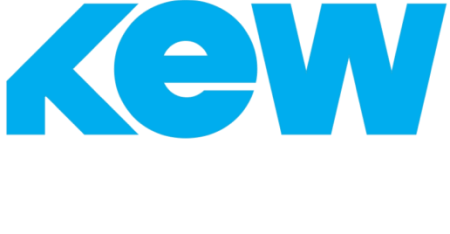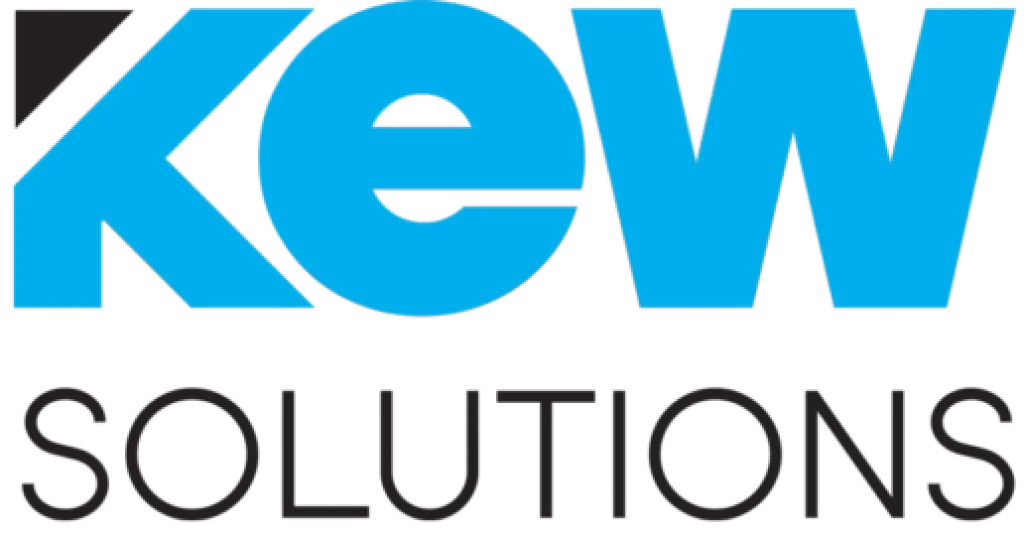When considering setting up a business in the DIFC (Dubai International Financial Centre) or ADGM (Abu Dhabi Global Market), IT isn’t just about selecting the systems, it is also about meeting compliance. These free zones operate under strict regulatory frameworks, especially when it comes to data protection, cybersecurity, and sector-specific laws.
Here are the key points to consider:
Data Protection and Privacy Laws
Both DIFC Law No.5 of 2020 and the ADGM Data Protection Regulations 2021 are designed to mirror international standards such as the European Union’s General Data Protection Regulations (GDPR). These laws govern how personal data is collected, stored, used, and transferred both inside and outside the UAE.
For businesses, this means:
- You need to have a lawful basis to process personal data. (e.g., consent, contracts, legal obligation).
- Data residency regulations ensure that sensitive data is stored within the UAE or transferred only to jurisdictions that provide adequate protection.
- Safeguarding is required for cross-border transfers such as standard contractual clauses.
- A Data Protection Officer (DPO) may need to be appointed depending on the size and type of data your business handles.
If the business is going to be set up to serve international clients, you will need to ensure that your systems can manage consent tracking, subject access requests, and breach notifications.
Cybersecurity Standards
The UAE National Cybersecurity Strategy and the UAE National Electronic Security Authority’s Information Assurance Standards (NESA Framework) establish a baseline for businesses operating in the region. These are not optional and are required to reach compliance.
At a minimum, businesses are expected to implement:
- A layer of network protection – such as firewalls, anti-virus and malware.
- Multi-Factor Authentication (MFA) – for critical applications and remote access.
- Regular patching and testing – to understand if systems are protected against attacks.
In addition to this, certain industries must meet sector-specific security frameworks:
- PCI DSS – (Payment Card Industry Data Security Standard)
- If you are processing card payments.
- HIPAA – Health Insurance Portability and Accountability Act
- If you are handling health care data.
- ISO 27001 – International Standard for Information Security Management
- May be required if you plan to tender for government contracts or work with enterprise clients.
Together, these frameworks place strict compliance on the way data is handled, collected, stored, and transferred.
Intellectual Property Licensing
Software licensing is strictly monitored in the UAE. Businesses using unlicensed or pirated copies of applications can trigger legal action and large fines against the business and the individual directors.
To remain compliant:
- Ensure software tools, from operating systems to productivity applications, are correctly licensed.
- Keep a software asset register that shows up-to-date licensing agreements, proving compliance during audits.
- For regulated entities, systems handling any financial transactions often need additional approvals to ensure Anti-Money Laundering (AML) and Know Your Customer (KYC) controls are in place.
Beyond fines, using unlicensed software creates business risks. With a lack of updates and an unofficial application, there can be a higher security vulnerability, and no vendor support.
Financial and Sector Regulations
Businesses operating within the DIFC and ADGM come with industry-specific oversight. Both financial free zones have regulators who set strict requirements:
- The DFSA and FSRA expect financial firms to maintain secure IT processes, regular reporting, and audit systems.
- Firms must prove compliance with AML and KYC obligations to ensure their IT setup is capable of secure client onboarding, identity verification, and transaction monitoring.
Outside of finance, other industries have additional rules:
- Law firms often need systems that ensure long-term document retention with strict access control.
- Healthcare Providers must follow patient confidentiality and data privacy laws, ensuring records are encrypted and accessible only to authorised staff.
In practice, this means your IT isn’t just about efficiency, it’s about demonstrating compliance. The right setup keeps regulators satisfied and gives clients confidence that their data is fully protected.
Further Considerations
- Does your business model involve international data transfers that may trigger additional compliance checks?
- Are you subject to frameworks beyond DIFC/ADGM, such as GDPR for EU clients or CCPA for US-based Data subjects?
- Will your organisation require regular IT audits or penetration testing to maintain compliance over time?
Questions like this are worth addressing early, as they can help shape the IT strategy for your business to be resilient, compliant, and scalable for the future.
At Kew Solutions, we specialise in helping businesses set up and scale IT systems that meet the requirements of DIFC and ADGM. From data protection and cybersecurity to licensing and sector-specific compliance, we ensure your technology is both secure and audit-ready, allowing you to focus on your business with confidence.








